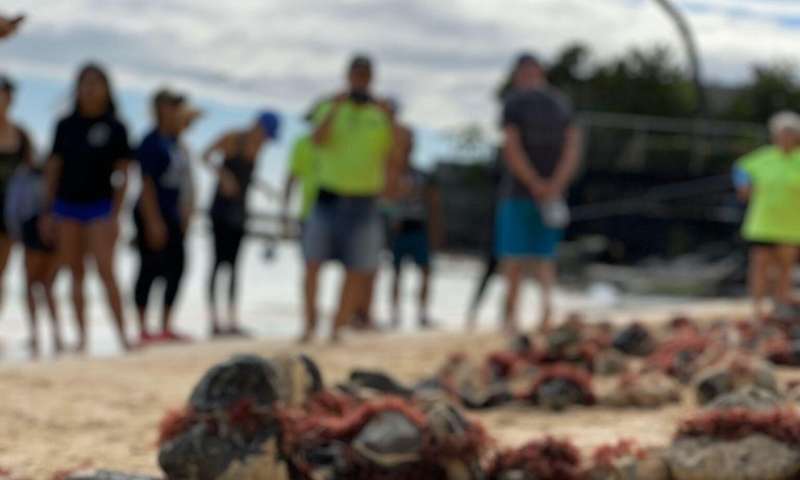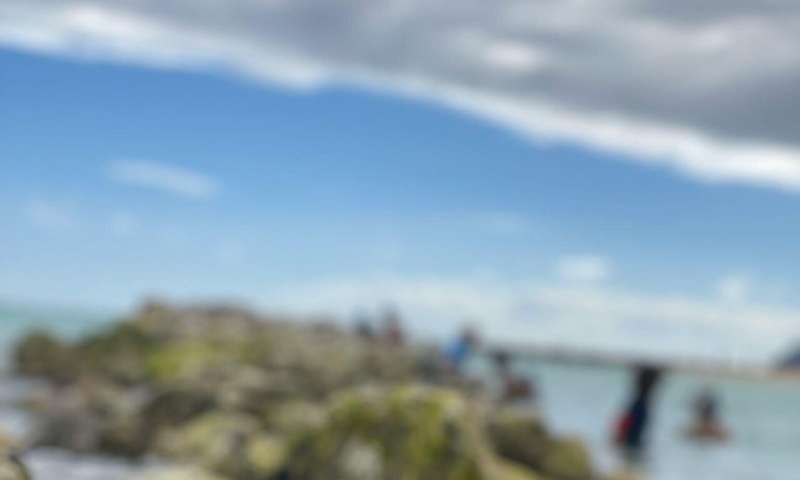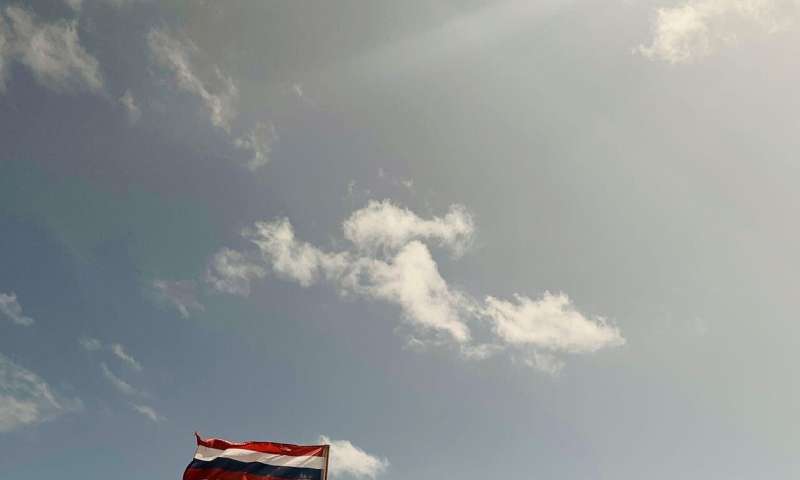
Holistic cultural practices that foster a connection to ʻāina (land) are important in improving the health of Kānaka Maoli (Indigenous Peoples of Hawai’i), according to a new study from public health researchers at the University of Hawaiʻi at Mānoa. The findings were published in the International Journal of Environmental Research and Public Health.
For Kānaka Maoli, practices such as growing their own food, taking care of ʻāina, and cleansing through hiʻuwai (bathing in the sea or a stream), are needed for physical, spiritual, emotional and mental health.
UH Mānoa Office of Public Health Studies researchers LeShay Keliʻiholokai, Samantha Keaulana, Mapuana C.K. Antonio and their colleagues conducted interviews and small focus groups with 12 Kānaka Maoli adults living in Waimānalo, including eight kūpuna (elders), to learn about Kānaka Maoli perspectives on health.
“Imbalances, such as disconnection between ʻāina and Kānaka, create maʻi (sickness) in Kānaka Maoli,” said Keli’iholokai, who is also a board member of Ke Kula Nui O Waimānalo and Waimānalo Limu Hui.
The researchers analyzed the interview transcripts to identify key themes. Results showed that the participants viewed themselves as part of ʻāina.
“Kānaka Maoli view themselves as deeply connected with ʻāina, and there is no separating ʻāina from Kānaka,” said Antonio, an assistant professor of Native Hawaiian and Indigenous Health. “The connection between ʻāina and people is spiritual and reciprocal, and important to well-being and resilience.”


ʻĀina as physical, emotional and spiritual healing
A second theme that emerged was the Kānaka Maoli view of ʻāina as physical, emotional and spiritual healing. The participants said they could innately tell when a person was not connected to ʻāina, and when a person did not mālama (take care of) ʻāina. The intergenerational knowledge of the role of ʻāina in health was passed down as wisdom from the kūpuna to the rest of the ʻohana (family).
A third theme was that Kānaka Maoli view colonization as disruptive to their values and their connections with ʻāina. Addressing the health disparities that stem from colonization will require healing the displacement and disconnection from ʻāina felt by Kānaka Maoli.
Source: Read Full Article